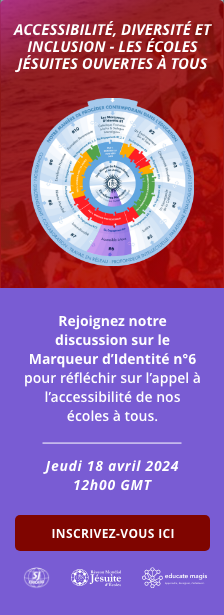The Ignatian Year is coming to its conclusion on July 31st, 2022. From May 2021, all school communities from our diverse and rich Jesuit Global Network of Schools (JGNS) have taken on the invitation from Fr. General Arturo Sosa SJ “to see all things new in Christ” by reflecting, discerning, and sharing through the lens of the Universal Apostolic Preferences.
« We hope, during the Ignatian year, to share more deeply with you the foundational experience by which the apostolic body of the Society participates in the mission of reconciling all things in Christ. Many of you feel a deep commitment to this inspiration, to the charism that gives life to the Society of Jesus. I thank the Lord for that grace and I thank each of you for your enthusiasm and closeness. « – Fr. Arturo Sosa, SJ, Superior General of the Society of Jesus.
To celebrate the end of this reflective journey we invited Fr. Johnny Go, SJ, Secretary for Basic Education of the Jesuit Asia-Pacific Conference (JCAP-Education), to share some experiences and learnings from schools in the Asia Pacific region after living the opportunity that was the Ignatian Year.
Question 1. Fr. Johnny, now that we are closing the Ignatian Year, what would you say was the highlight of living the Ignatian Year for the Asia Pacific region?
One of the major highlights of the Ignatian Year for Asia Pacific was the II JESEDU Global Colloquium that we hosted. It was an opportunity for our regional network to make a meaningful contribution to the global celebration of the Ignatian Year. The delegates for the global colloquium were able to reflect and discern together on aspects of our mission in Jesuit education as expressed in the four colloquium strands: Educating for Depth, for Faith, for Reconciliation, and for Global Citizenship.
The global colloquium provided the springboard for a more meaningful celebration of the Ignatian year as it enabled us to appreciate our mission “with new eyes.” Educators from Asia Pacific shared that they found a deeper understanding of their own place in the global educational context. They were one in expressing how appreciative they were for the chance to meet educators from around the world–made more meaningful by their shared experience of the global pandemic that significantly impacted the education sector.
Question 2. How did the schools in your region mark the Ignatian Year? Please provide 3 examples with links, pictures, or videos.
The different regions within the Asia Pacific held their own localized activities to celebrate the Ignatian Year. Some examples of these include:
Philippines: The Philippines held the first ever online Ignatian Youth Fest, hosted by Xavier School Nuvali and San Juan with the theme of “All Things New: Summoning the Youth to Engaged Citizenship”. This event brought together students and educators from the Jesuit schools in the country and featured messages and plenary sessions from notable guests which included H.E. Cardinal Tagle.
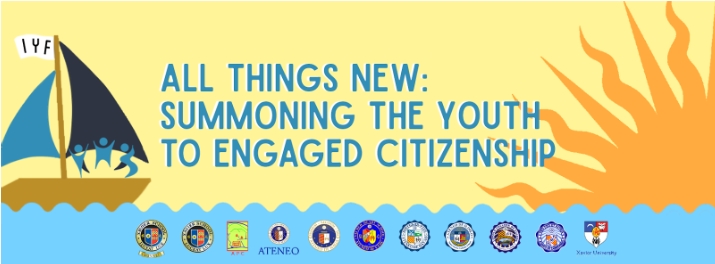
Against the Wind – JBEC Philippine Version
Ignatian Youth Fest: To See All Things Through Christ
Ignatian Youth Fest: An Interview with the Heads
Ignatian Youth Fest: Day 2, Engaged CitiXSNship
Cambodia: 26 students from Xavier Jesuit School reached out to remote students from 8 schools to share their knowledge and practice, in collaboration with Fe y Alegria. This project gave them an opportunity to deepen their understanding and commitment to living out and sharing the values that they’ve learned at Xavier Jesuit School.
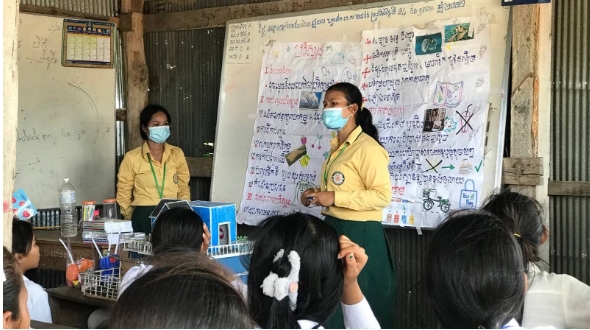
Photos from the outreach activities of the XJS students
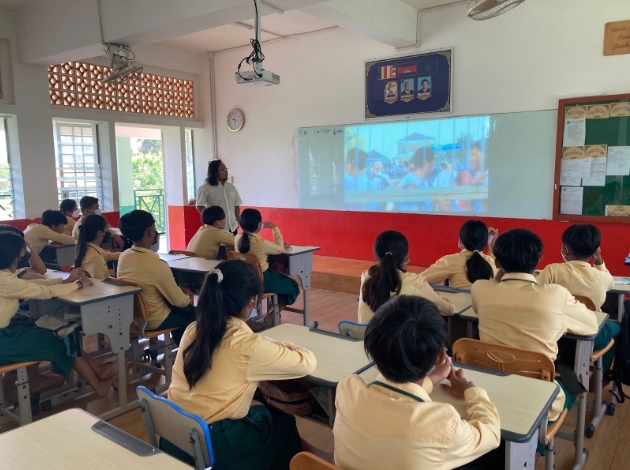

Malaysia-Singapore: St. Joseph’s Private School launched its Faber series, an online set of talks, resources, and activities that were aimed at providing students continuity in their spiritual and character development despite the online setup. The idea was to introduce more regular and lightweight activities that students could consistently be a part of (as opposed to one-off, big events). The series was modeled after the Ignatian Examen, being divided into four parts: Gratitude, Awareness, Forgiveness, and Hope.

Japan:
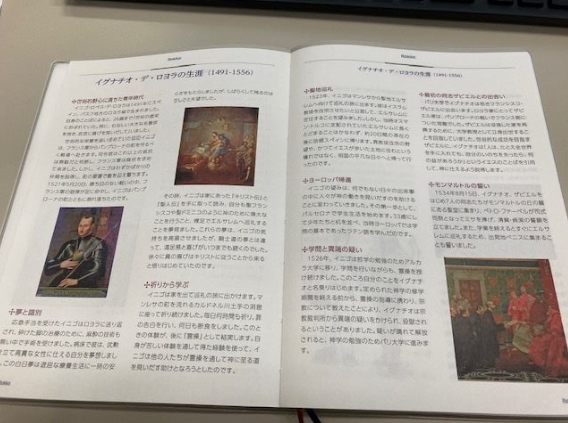
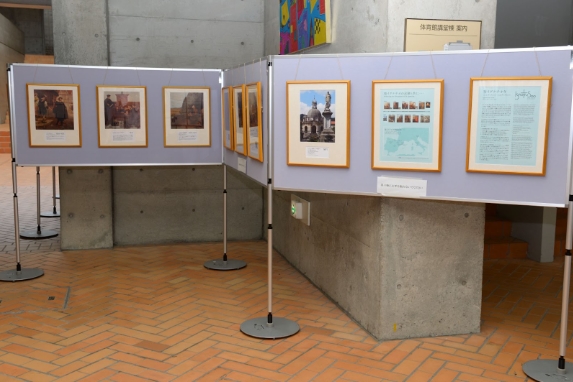
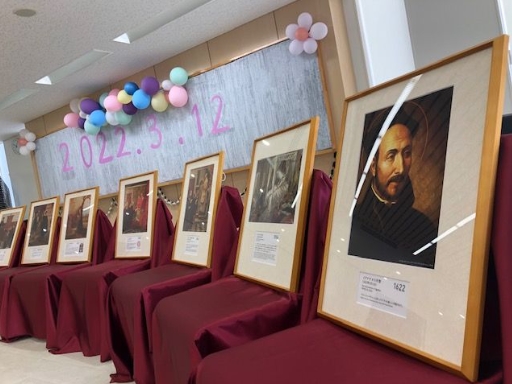
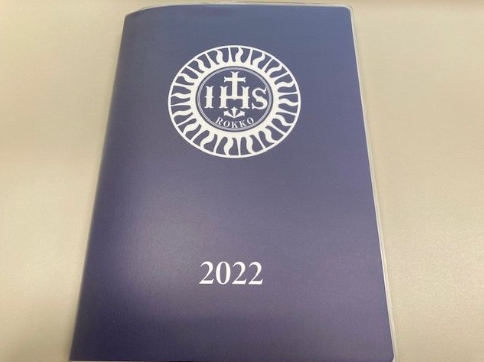
Australia photos, videos, and links
St. Aloysius College – Celebration of the Feast of St Ignatius
St. Aloysius College – We Have No Other Boast
St. Aloysius College – Building the Kingdom
St. Aloysius College – In Gratitude
St. Ignatius Life i-Movie
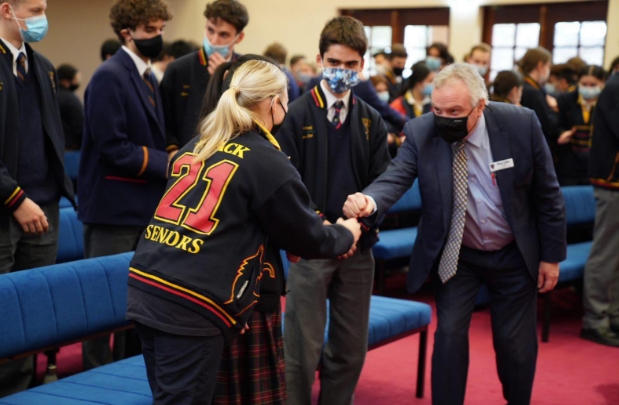
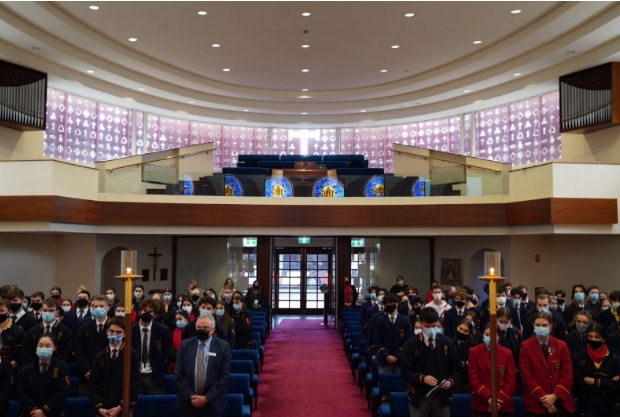
China/Hong Kong photos
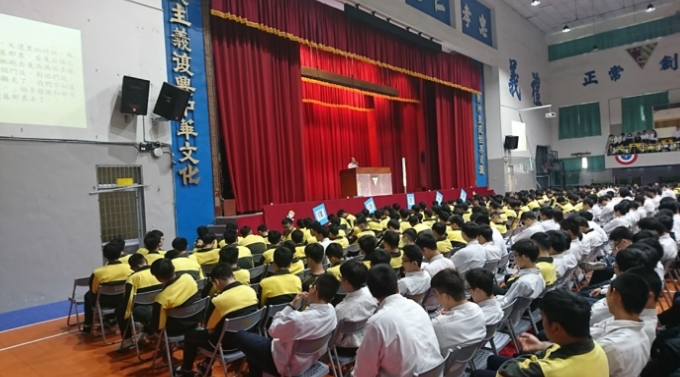
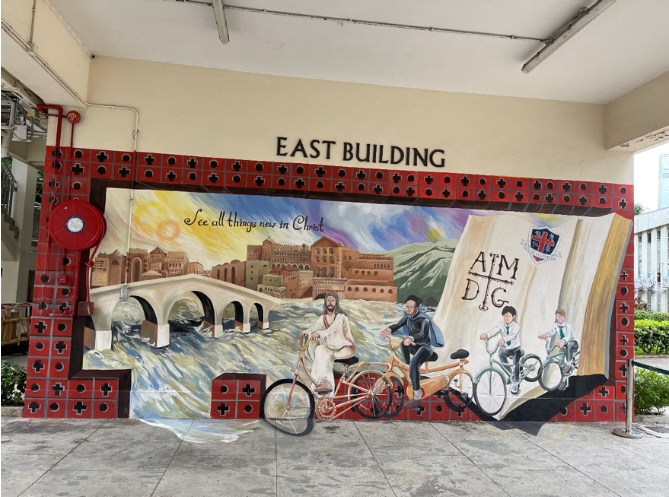
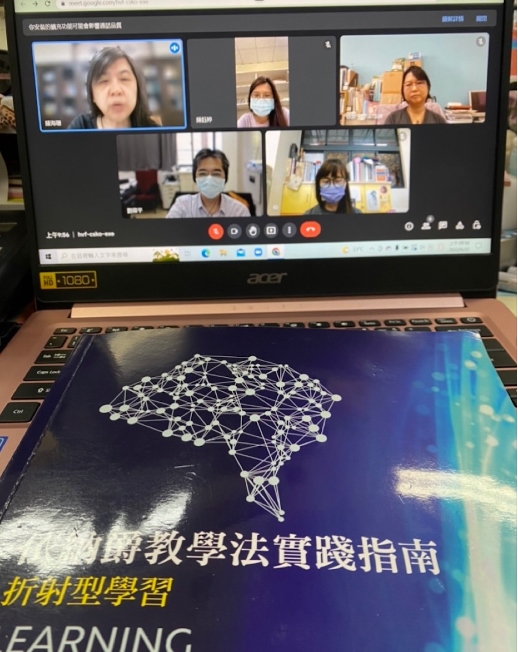
Question 3. Did educators and pupils from the schools in your region get to know Christ better, deeper, thanks to these Ignatian Year activities?
The general consensus amongst students and educators in the region was that they found many opportunities to deepen their familiarity with Christ through the connections they built in the different online initiatives each region held and in the message that these activities aimed to deliver. From organizing large-scale events in the Philippines and Australia to the outreach projects organized in Cambodia and Indonesia, the Jesuit community in the Asia Pacific found ways to live out the virtues of St. Ignatius whilst also deepening their relationships with their community.
Question 4. What was it like living the Ignatian Year as a global community from a JCAP perspective?
Overall, JCAP experienced a lot of setbacks in celebrating the Ignatian Year, mainly due to the online setup required by the pandemic. This required a lot of adjustments and meant that the usual face-to-face activities weren’t viable this year. However, the online setup did also provide opportunities for us to interact with members of the global community which is something that would be more difficult had it been a normal year. Nonetheless, the JCAP community was still very much in high spirits and was able to maximize the available technology to have as meaningful of an Ignatian Year as possible, given the circumstances.
Question 5. What message would you give to fellow educators from around the world in light of the closing of the Ignatian Year?
The motto of the Ignatian Year has become for us more relevant than originally intended: To see all things new in Christ.
Because of the disruption caused by the pandemic, educators in Asia Pacific, like their colleagues around the world, had little choice but to regard their mission of Jesuit education “with new eyes.” We had to upskill ourselves to shift to online learning. But even more fundamentally, we had to ask ourselves: “What should Jesuit education look like and sound like online? How do we preserve and even strengthen the values of magis and cura personalis in this new environment?”
As we close the Ignatian year, our educators continue to face this challenge, but as a result of the learning that went on among us, we are committed more than ever to discover how we can offer our students a disruption-resilient Jesuit education.
Japan: We should raise more awareness of the global environment, diversity, etc., listed in the UAPs, and SDGs, so that they can be realized. We hope that students will aim to learn how to realize universal values through individual and communal discernment.
China: The end is just the beginning, and we shall continue promoting the Spiritual Exercises and the Examen, hoping to find God in all things, in accordance with the Universal Apostolic Preferences. All educators should be reflective practitioners and seek better ways to teach and learn through reflection.
SG/MY: The final message to fellow educators from all of us here in Kuching is this: finding all things new in Christ requires us to be attentive to our relationship with the Lord and creative in our relationship with others. As we renew our lives of conversion, we’re also invited to be creative in responding to the needs around us, leading us to new ways to bring the Lord into the lives of those whom we teach and work with.
Indonesia: In the light of Universal Apostolic Preferences we encourage educators to be agents of hope of life.
To read about other Ignatian Year experiences and learnings from Jesuit schools in the different regions of the world click here.
Se connecter ou Adhérer
pour créer et afficher des commentaires

